Ensuring regulatory compliance in fintech apps like Razorpay, CRED, and PayPal in digital payments operations. As top fintech apps, they must meet stringent standards like PCI compliance testing, accessibility compliance testing, and automated compliance testing to support seamless cross-border digital payments and digital wallet payments.
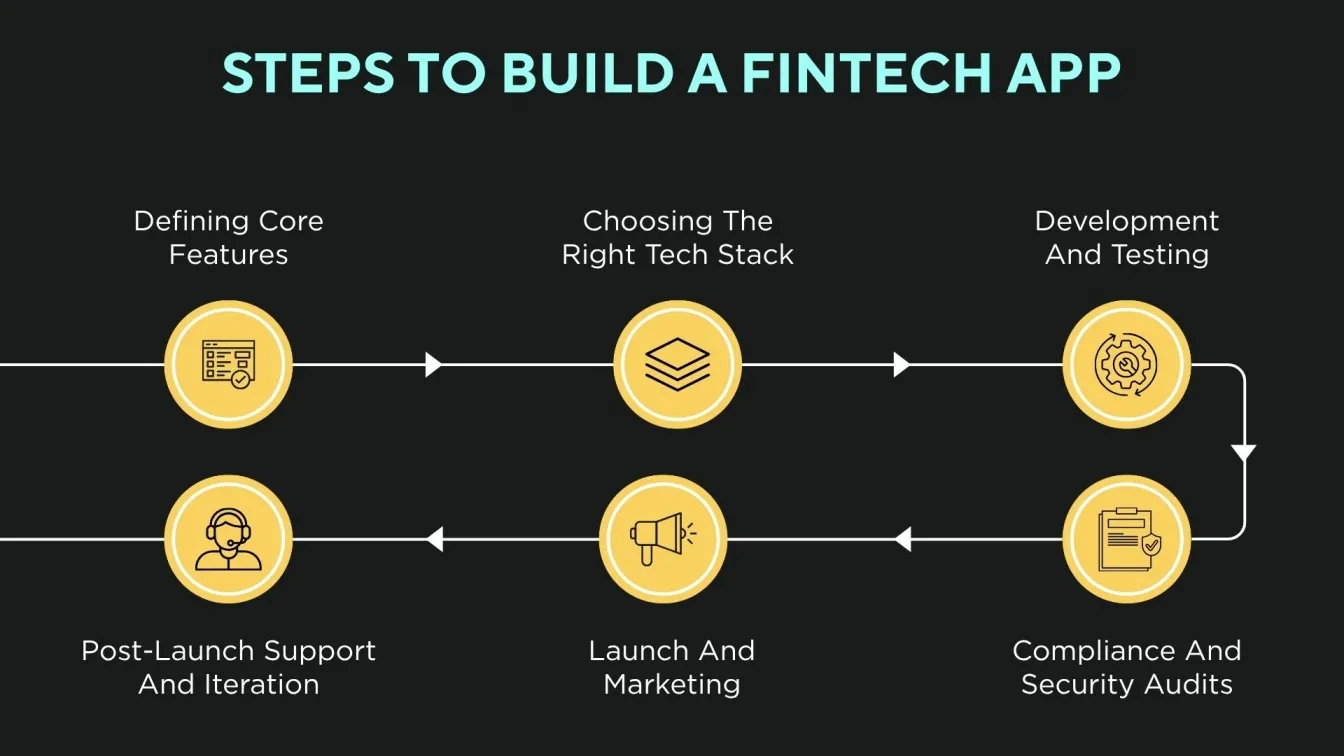
Whether it’s Razorpay API integration, PayPal login security, or CRED app validation, compliance ensures these platforms can confidently accept digital payments at scale. In this blog, we explore critical compliance strategies for fintech mobile apps to meet evolving regulatory demands.
💡 What’s next? Keep scrolling to find out:
🚀 Compliance Essentials: Why fintech apps must meet regulatory and security standards.
🚀 Razorpay, CRED, PayPal Rules: Major legal and financial requirements for top apps.
🚀 Testing Challenges: Complexities in mobile, API, and global regulation testing.
🚀 Automation & Identity: Streamlining compliance with KYC, AML, and third-party checks.
🚀 QA Best Practices: Ensuring full compliance through testing strategies and tools.
Why Compliance Testing is Critical for Fintech Apps
Compliance testing is essential in fintech mobile apps to ensure legal, secure, and user-friendly experiences across global markets. For platforms like Razorpay, CRED, and PayPal, it builds user trust, prevents violations, and supports seamless digital payments. It also plays a critical role in the growth of the best fintech apps by aligning with modern financial regulations.

Key areas where compliance testing matters most:
- Transaction Security: PCI DSS compliance testing is crucial for protecting user data during digital wallet payments.
- Automation Efficiency: Automated compliance testing ensures fast validation without manual bottlenecks.
- Regulatory Alignment: Apps like PayPal and CRED must meet local rules for cross-border digital payments.
- Data Privacy: Accessibility compliance testing ensures apps remain inclusive and legally compliant.
- Platform Trust: With tools like the Razorpay API and PayPal business accounts, fintechs must ensure proper encryption and reporting.
- Feature Expansion: Reliable compliance enables smoother integration of new services in top FinTech apps.
Major Regulatory Requirements for Razorpay, CRED, and PayPal
Regulatory compliance is vital for fintech mobile apps like Razorpay, CRED, and PayPal to operate legally and securely within the financial ecosystem. These platforms must meet strict guidelines that govern digital payments, consumer rights, and data security.
- Razorpay must comply with RBI mandates on payment gateway operations, automated transfers, and ensure that all bank account linking follows Regulation E guidelines.
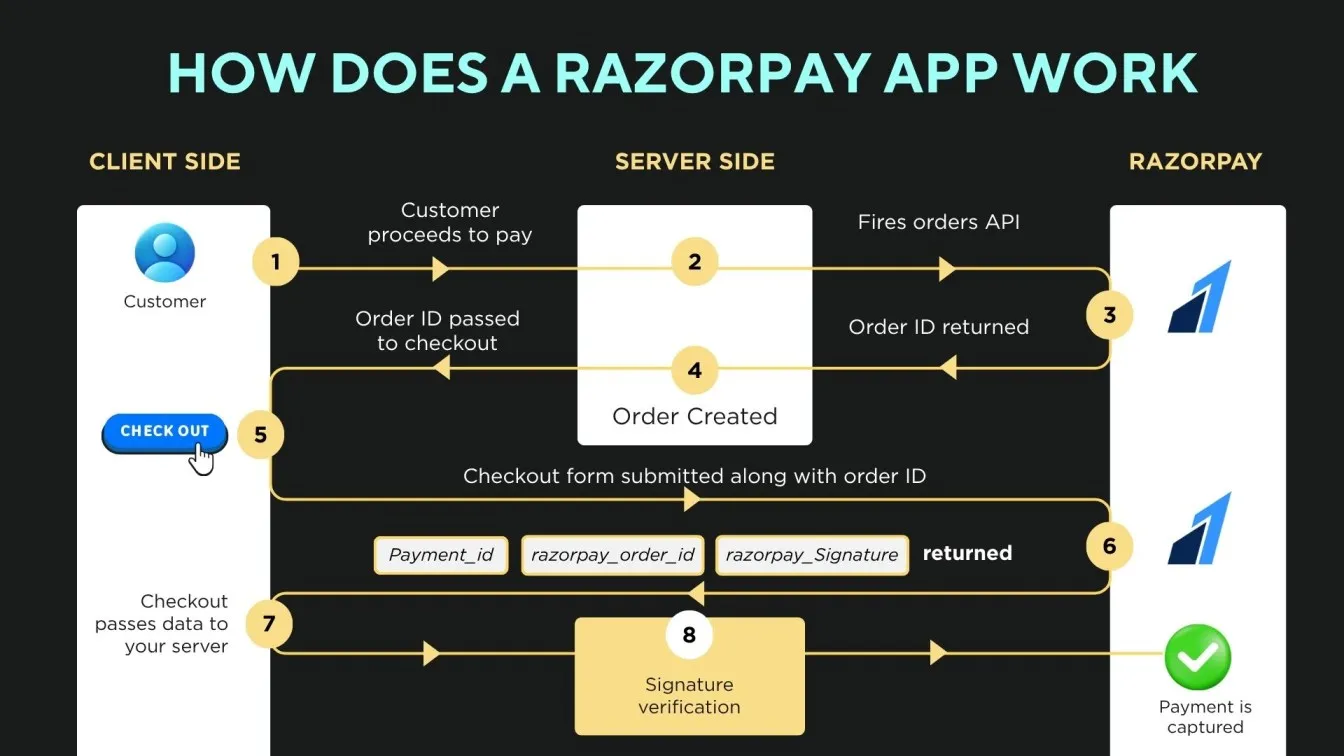
- CRED app focuses on credit card bill payments, requiring compliance with PCI DSS compliance testing and secure ID verification for creditworthiness.
- PayPal is subject to cross-border digital payments regulations, including KYC norms, PayPal Credit rules, and oversight from entities like The Bancorp Bank and Paxos Trust.
- All three platforms must protect against cyber attacks and fraudulent activities while handling peer-to-peer payments, merchant services, and digital wallets like PayPal.
- Regulatory scrutiny intensifies for features like Pay in 4, PayPal Checkout, and Pay Monthly, which relate to the buy now, pay later model.
Common Challenges Faced During Compliance Testing in Fintech Apps
Compliance testing in fintech mobile apps like Razorpay, CRED, and PayPal requires navigating regulatory shifts, diverse payment channels, and global compliance mandates. Below are the major hurdles testers must overcome:

- Data localization laws: Require storing user information regionally, complicating tests for cross-border digital payments and services like PayPal USD and the CRED app.
- Automated compliance testing: Often misses edge cases in accessibility compliance testing and advanced ID verification flows used in PayPal Secure Card and PayPal wallet.
- Frequent regulation updates: Affect PCI DSS compliance testing and demand real-time updates for digital wallet payments, Razorpay payment gateway, and PayPal Credit.
- Third-party dependencies: Integration with Republic Bank & Trust Company or Paxos Trust can disrupt testing PayPal Instant Transfer and Pay Monthly options.
- Testing transaction paths: Covering all types of digital payments, including peer-to-peer payments, credit cards, and debit cards, requires diverse test data and accuracy in simulated merchant services.
- Device compatibility: Ensuring consistent PayPal Checkout and Razorpay login performance across mobile wallet platforms and global card acceptance networks is complex.
Difference Between Compliance Testing and Functional QA Testing
In top fintech apps like Razorpay, PayPal, and CRED, compliance testing and functional QA testing serve different purposes. While compliance testing ensures FinTech mobile apps meet legal, data, and accessibility standards, functional QA focuses on the digital payments experience, feature behavior, and performance.
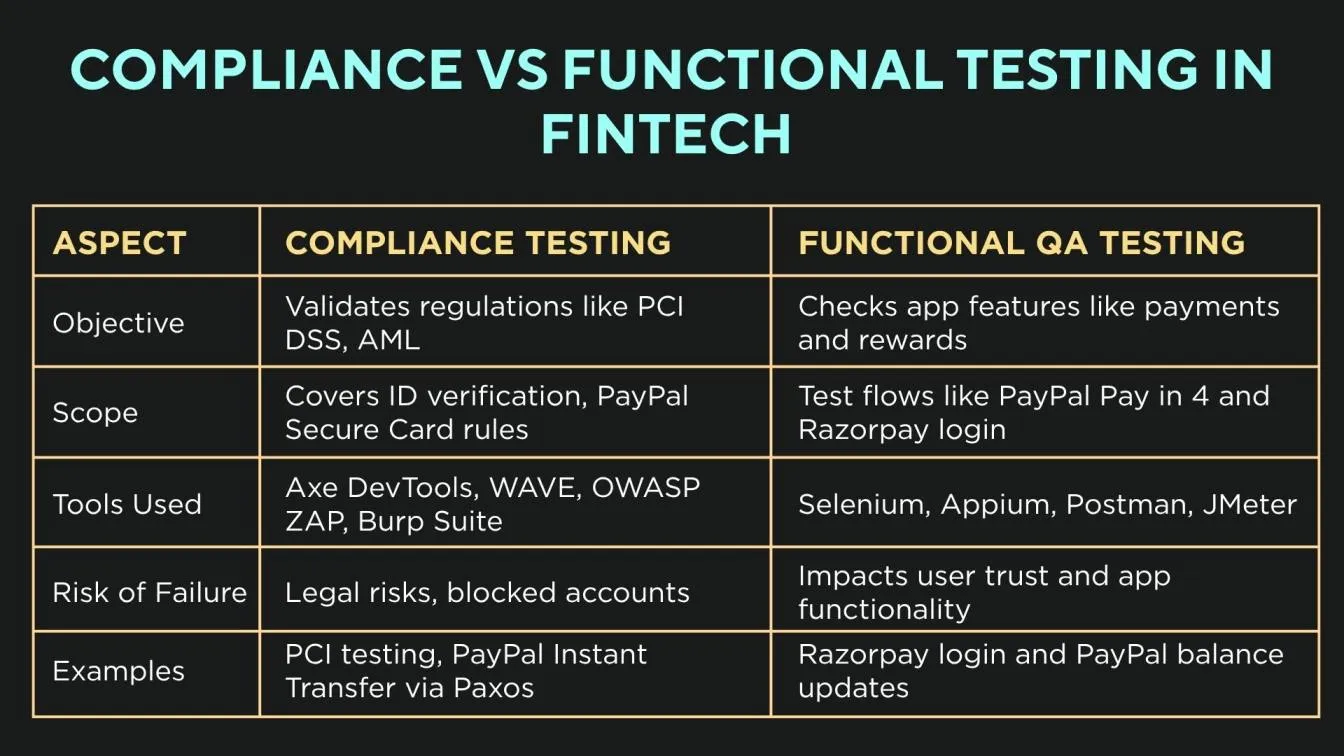
Using Automation to Simplify Compliance Testing for Fintech Platforms
As fintech apps like Razorpay, PayPal, and CRED expand rapidly in the global economy, automating compliance testing is essential to ensure security, accuracy, and regulatory alignment. With evolving standards like PCI DSS, Regulation E, and cross-border digital payments rules, automation helps maintain consistency and speed across testing cycles.
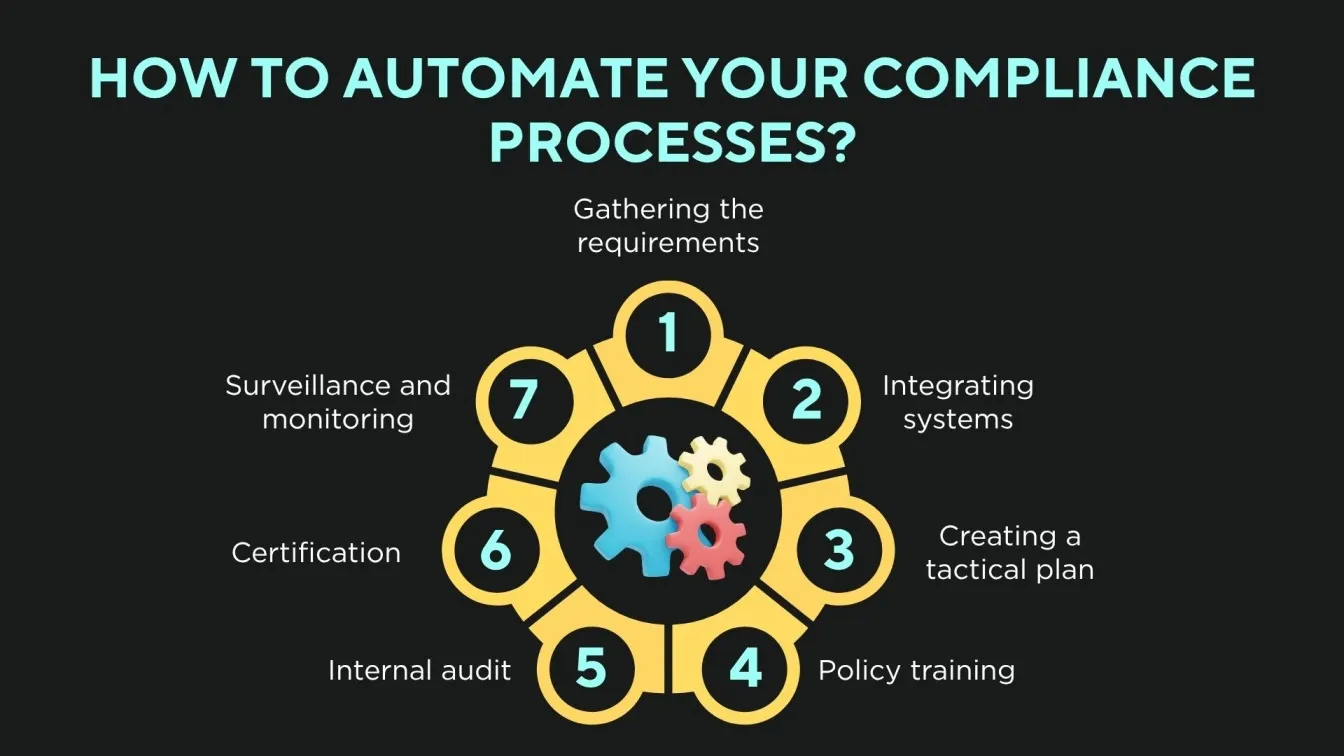
- Payment Flow Validation: Automated compliance testing reduces manual errors in validating Razorpay payment gateway integrations and PayPal Checkout flows across participating merchants.
- Regulation Tracking: Regulatory monitoring tools track ongoing changes in digital publication standards and instantly trigger updates to fintech apps development workflows.
- AI-Based Anomaly Detection: AI-driven test frameworks use artificial intelligence to detect anomalies in peer-to-peer payments, Pay Monthly features, and PayPal Debit Card usage.
- Privacy Compliance: Data privacy automation helps meet GDPR and CCPA guidelines while handling PayPal wallet data or CRED app savings account information.
- Cloud Test Scaling: Cloud-based automation tools enable scalable testing for PayPal Prepaid Mastercard and Razorpay API endpoints across multiple environments.
- Audit Trail Automation: Automated audit logging supports traceability of payment transactions and ensures ID verification meets global card acceptance requirements.
KYC, AML, and Identity Verification Testing in Fintech Applications
Know Your Customer (KYC) and Anti-Money Laundering (AML) compliance are critical for fintech apps like Razorpay, PayPal, and CRED to maintain trust, prevent fraud, and meet global regulations. Identity verification testing ensures that users accessing services like PayPal Credit, the PayPal app, or peer-to-peer payments are legitimate and compliant with international standards.
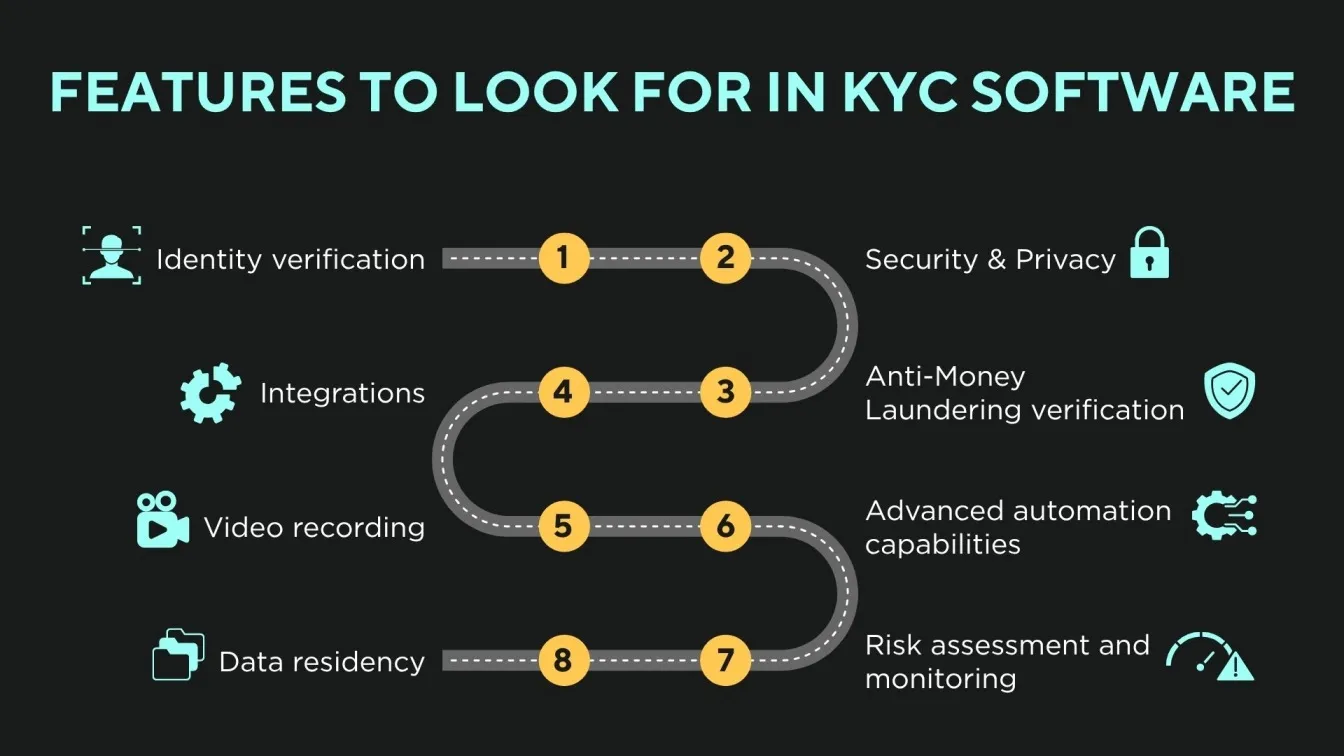
- KYC testing: Validates user onboarding processes in Razorpay login and PayPal account setups to ensure ID verification accuracy.
- AML checks: Simulates transaction patterns to detect suspicious behavior in cross border digital payments and automated transfers.
- Biometric authentication: Tests facial recognition and fingerprint inputs for secure access to mobile wallet services and PayPal Debit Card features.
- Document verification: Verifies scanned IDs, address proofs, and tax documents linked to CRED app Membership Rewards or card accounts.
- Third-party verification APIs: Integrate and test external services from institutions like Paxos Trust or The Bancorp Bank for compliance.
- Error-handling scenarios: Ensure failed verification flows do not allow access to digital payments solutions, PayPal payment functions, or institutional payments.
Best Practices to Ensure End-to-End Compliance in Fintech App Testing
Ensuring compliance across fintech apps like PayPal, Razorpay, and CRED requires rigorous validation of every transaction path. From mobile wallet services to institutional payments, aligning with global regulations and Official Rules is essential to maintain trust and market eligibility.
- Payment card regulation checks: Validate flows related to PayPal Cashback Mastercard, PayPal Here, and debit card usage under PCI DSS and Regulation E.
- Donation and tax exemption tracking: Test PayPal Giving Fund compliance for transparent nonprofit contributions.
- Cross-platform compatibility: Ensure smooth operation across ecosystems like Google LLC services and the Amex Mobile app.
- Comprehensive audit trails: Automate logging of all PayPal account actions for a secure digital payments experience.
- Real-device accessibility testing: Use screen readers and mobile devices to test interfaces that involve peer-to-peer payments or PayPal Checkout.
- Localization validation: Match compliance standards across regions where PayPal operates, especially under U.S. and EU Official Rules.
Final Thoughts on Ensuring Compliance Testing in Fintech Apps Like Razorpay, CRED, and PayPal
Ensuring regulatory compliance in fintech app testing is no longer optional; it’s a business imperative. As platforms like Razorpay, CRED, and PayPal redefine digital payments, aligning with global standards builds trust, security, and innovation. ‘
By integrating automated compliance testing, accessibility checks, and robust identity verification, fintech apps can thrive in a dynamic digital economy while delivering seamless, secure user experiences. Future-ready fintech demands proactive testing strategies built for scale and compliance.
Partnering with a trusted QA testing company like Frugal Testing ensures fintech platforms remain compliant, secure, and scalable. With AI-driven test automation services, functional testing solutions, and UPI integration API expertise, Frugal delivers precision across digital payment systems. Recognized among top software testing companies in USA, they offer load testing service, selenium automation testing service, and cloud-based test automation services, making them a preferred software testing service provider for modern fintech needs.
People Also Ask
1. Does compliance testing cover mobile and web platforms separately in fintech applications?
Yes, compliance testing evaluates mobile and web platforms separately to ensure both meet regulatory, security, and accessibility standards across devices.
2. What penalties do companies face for failing compliance audits in the fintech sector?
Companies may face regulatory fines, legal sanctions, license suspension, or bans. Non-compliance can also lead to reputational damage and customer loss.
3. Are there automated tools specifically designed for fintech compliance testing?
Yes, tools like TrustArc, ComplyAdvantage, and VComply offer automated testing aligned with fintech regulations such as PCI DSS and AML.
4. How do third-party integrations affect compliance testing for payment apps?
Third-party integrations must be tested to ensure data handling, payment flows, and API communications comply with applicable financial regulations.
5. What is the difference between security compliance and regulatory compliance in fintech apps?
Security compliance ensures data protection and encryption, while regulatory compliance focuses on legal adherence like KYC, AML, and data privacy laws.



.webp)

%201.webp)

